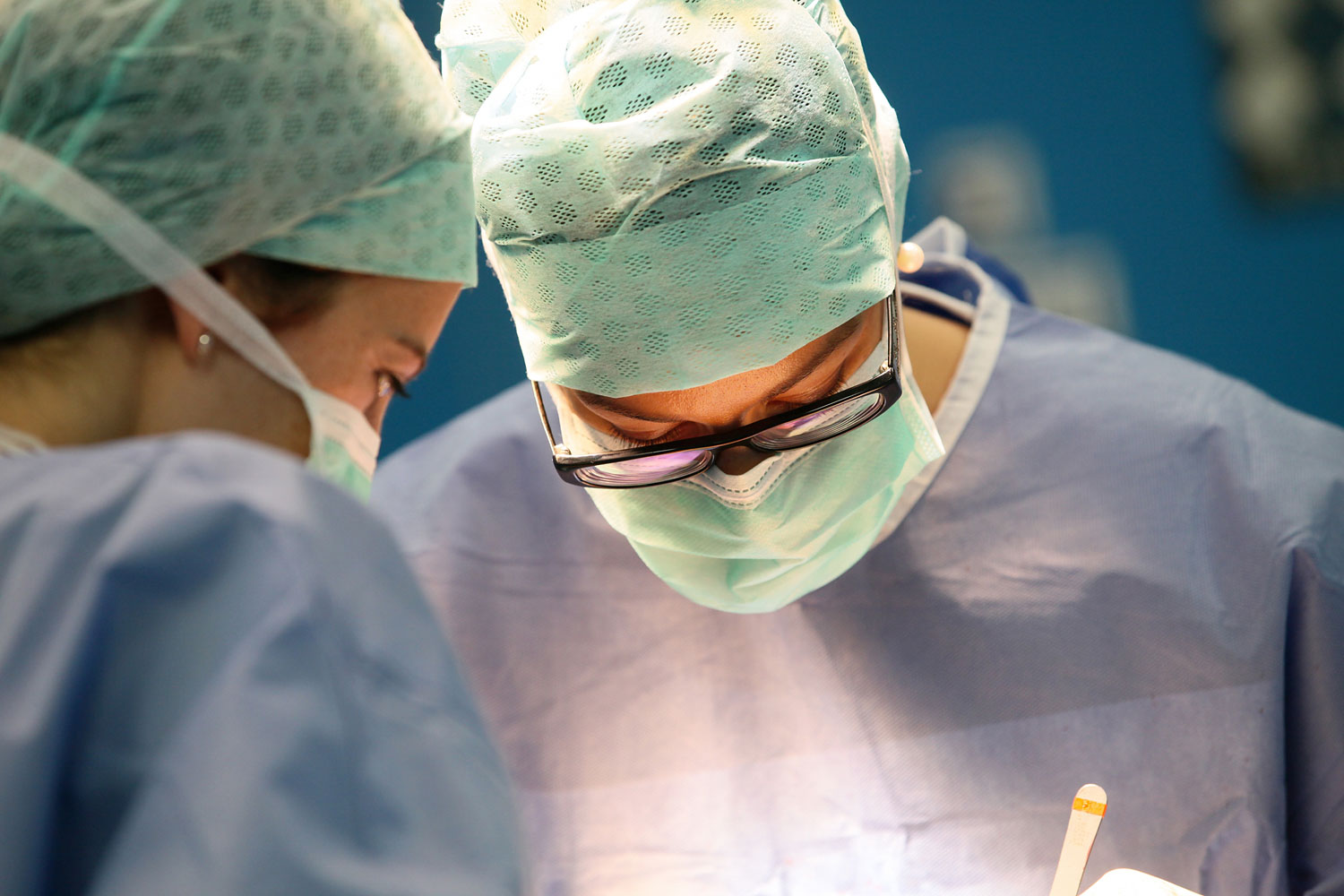
Four teen girls have received successfully transplanted laboratory-grown vaginal organs, scientists reported Thursday in the journal the Lancet.
The girls, who were between the ages of 13 and 18, underwent the vaginal organ implant surgery between 2005 and 2008. All of them had Mayer-Rokitansky-Küster-Hauser (MRKH) syndrome, a rare genetic condition in which the vagina and uterus are either underdeveloped or absent. At follow-up, the organs were functioning normally, and the girls surveyed expressed normal sexual desire.
The vaginal organs were engineered with muscle and epithelial cells from biopsies of the women’s genitals. The cells were taken from the tissues, grown, and put into a biodegradable material that is then formed into the shape of a vagina and fit to each patient. When the vagina is placed into the bodies of the patients, the nerves and blood vessels help expand it into tissue. The biodegradable material is absorbed into the body, and cells form a new structure and organ.
Reconstructive surgery, the more common alternative to re-creating a vagina with existing tissue, can lead to complications as much as 75% of the time in young patients, the researchers report.
“In addition, this study is one more example of how regenerative medicine strategies can be applied to a variety of tissues and organs,” said study author Dr. Anthony Atala, the director of Wake Forest Baptist Medical Center’s Institute for Regenerative Medicine in a statement.
Other researchers have used similar procedures to create other body parts like windpipes, bladders, and urethas.
More Must-Reads from TIME
- Inside Elon Musk’s War on Washington
- Why Do More Young Adults Have Cancer?
- Colman Domingo Leads With Radical Love
- 11 New Books to Read in February
- How to Get Better at Doing Things Alone
- Cecily Strong on Goober the Clown
- Column: The Rise of America’s Broligarchy
- Introducing the 2025 Closers
Contact us at letters@time.com